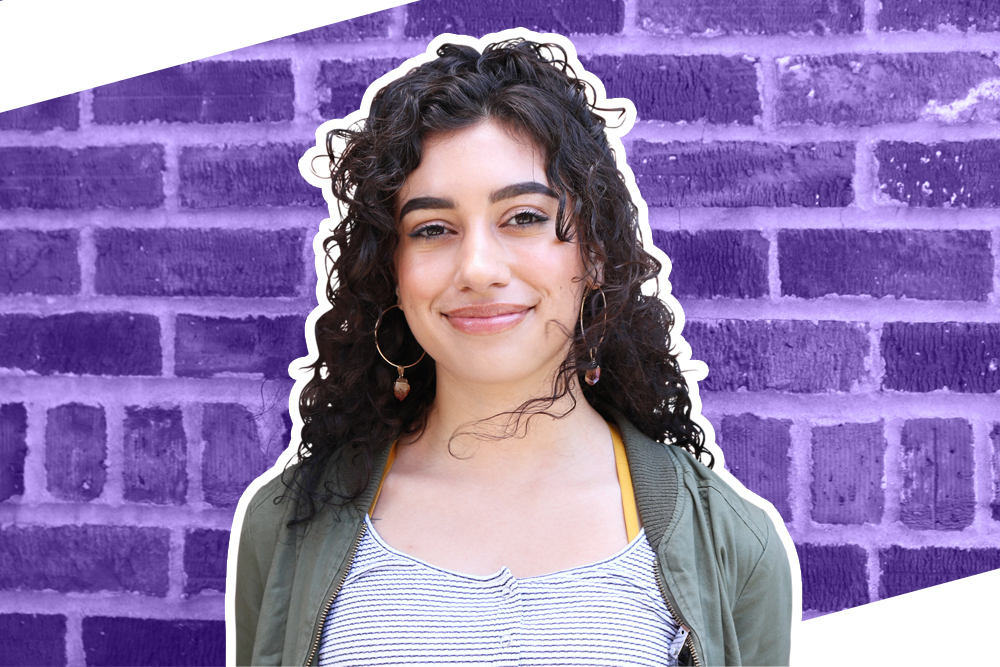
Student stipend recipient Valerie Edwards
While working on her MPH at Oregon State University, Valerie Edwards obtained an internship with Trauma Informed Oregon (TIO).
TIO is a statewide collaboration focused on preventing and reducing the impacts of traumatic experiences on communities across Oregon. As part of her internship, Valerie was tasked with creating a communications program aimed at utilizing social marketing techniques to promote the uptake of trauma-informed care (TIC) practices.
“We realized that there were gaps in the levels of trauma care across the state,” Valerie explained. “We thought it would be useful to apply improved communications techniques to address these gaps. Our hope was that disseminating knowledge about TIC best practices would increase communities’ understanding, provoke reflection, and expand resources to underserved sectors and populations.”
To support her work, Valerie received a stipend from the Northwest Center for Public Health Practice, which provides financial support for students working on a variety of public health projects across the Pacific Northwest.
Valerie’s project was limited by the 10-week nature of her internship’s placement. She began with a review of the relevant literature, which led her to collaborate closely with the TIO team and members of the Oregon Alliance for Suicide Prevention. “The more I read and learned, the more I understood how important it was to address communities’ needs, resources, and disparities around behavioral health and tragedy response."
As Valerie’s work progressed, she began to shape an improved communications approach for addressing TIC practices. “We began to refine our focus audiences and objectives, and developed resources to promote tragedy response practices for educational leaders.”
“A lot of what came together involved social marketing strategy, communications and marketing best practices, and behavioral change theories. We leveraged the combination of these materials to design useful and practical resources that remained true to TIO’s existing branding style.”
Despite the time constraints of her internship, Valerie was able to complete a robust social media strategy focused on the Four Rs of TIC, as well as a series of communications infographics that explained the Six Principles of TIC. She also created tragedy response resources for educational leaders, including a handout and pocket card for use during traumatic events.
Valerie also made a series of recommendations that TIO could implement to inform and improve future projects. “TIO excels at relationships, and leveraging those connections via social media communications strategies is a great way for them to increase education and achieve their goals.”
Valerie believes the project structure she created could also be applied to related public health topics, such as violence prevention and crisis response, suicide prevention or postvention, or other healthcare concerns.
Valerie learned a lot about organizational communications from this short but intensive experience. “Because my field placement was limited to only 10 weeks, I had to be very intentional when I communicated with a wide number of partners. Incorporating input from so many diverse sources meant that even a small, suggested change could shift the entire project’s direction, and I had to learn to juggle multiple perspectives while ensuring that overall project remained focused and on task.”
The Northwest Center for Public Health Practice provides funding for students involved in various public health projects. Visit the NWCPHP’s Student Projects page to learn more about past projects, eligibility, and to apply directly for a stipend.


